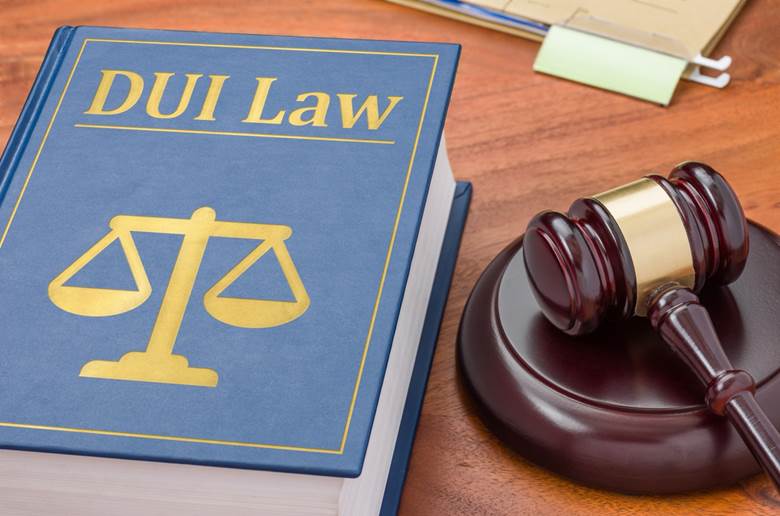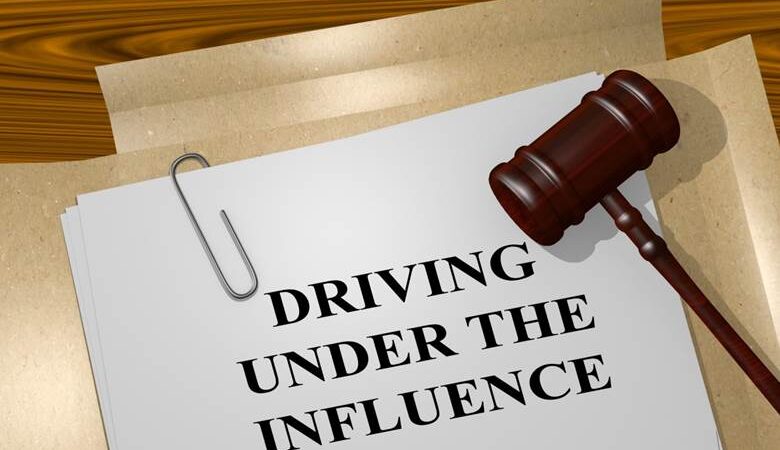What Are the Different Types of DUIs That Are Prosecuted Today?

In a 2021 Gallup study, six in 10 U.S. adults reported drinking alcoholic beverages. Moreover, the participants said they had an average of 3.6 drinks within seven days. That number represents a decrease from the 4-drink average back in 2019.
Unfortunately, some people drink as much or even more in one night. So it’s no wonder 10% of all criminal arrests in the U.S. are for driving under the influence (DUI). After all, at least 10,000 people die due to drunk drivers annually.
Even worse, not all types of DUIs are due to alcohol impairment. Other substances can cause a motorist to drive under the influence and cause an accident.
In this guide, we’ll talk about the types of DUIs and their consequences. Read on, as what you’ll learn here may help remind you why it’s never wise to drink while intoxicated.
Driving Under the Influence of Alcohol
Driving under the influence of alcohol is the most common form of a DUI case. DUI is the terminology used by most states, such as Alabama, California, Kansas, and Maryland, to name a few.
The term varies across the U.S. states, though, with some calling it the following:
- Driving while intoxicated (DWI)
- Driving while visibly impaired (DWVI)
- Operating while intoxicated (OWI)
- Operating a vehicle impaired (OVI)
- Operating under the influence (OUI)
Although the terms differ, they all generally mean that a driver is driving drunk. For all states (and D.C.) except Utah, that means having a Blood Alcohol Concentration (BAC) of at least 0.08%. Utah has more stringent DUI laws because, in this state, one can already drive drunk with a BAC of at least 0.5%.
Physically Controlling a Vehicle While Drunk
In some states, DUI constitutes physically driving while under the influence of alcohol. In this case, the motorist must have the vehicle in action. California is one state that implements this meaning of DUI.
In other states, an alcohol-intoxicated motorist can get a DUI charge even if the car isn’t moving. As long as the drunk driver is behind the wheel and positioned to put it in gear, they’re already breaking the law. Nebraska is an example of a state imposing such a regulation.
Driving Under the Influence of Prescriptions
According to the FDA, at least a dozen classes of drugs might affect a person’s driving abilities. These include opioid pain relievers and some anti-anxiety and anti-depressant drugs. There are even medicines for diarrhea that can impair driving!
A chief reason those drugs and driving don’t mix is that they can cause drowsiness. They may also lead to dizziness, nausea, blurred vision, and slowed reaction. Moreover, they can render a person unable to focus or even faint.
All those side effects may then make a motorist incapable of safe driving. Thus, even if they’ve taken their medication as prescribed, they may still be a road hazard. And if they do cause a traffic accident, they may get slapped with a DUI charge.
Driving Under the Influence of Illegal Drugs
In 2020, 12.6 million people in the U.S. aged 16 and older said they operated a vehicle after taking illicit drugs. These include illegal opioids, cocaine, hallucinogens, heroin, and marijuana. These substances, in turn, can impair attention, coordination, cognition, and perception.
Thus, someone who takes such drugs and then goes on to drive can expect impaired driving skills. As a result, they may cause an accident that can damage property or injure and kill people.
Consequences of the Different Types of DUIs
In all states, getting pulled over by law enforcement for drunk driving can result in fines. In addition, all states impose a minimum license suspension period.
For example, a first-offense DUI in Alabama can lead to a fine of $600 to $2,100, depending on the driver’s BAC. On top of that, there’s a license suspension of 90 days. So if you ever get charged for intoxicated driving, it’s best to look up “DUI attorneys near me” online ASAP.
The consequences of a DUI case in other states are heavier, though, such as in Florida. In the Sunshine State, a first-offense DUI comes with a fine of $500 to $2,000 and a license suspension of 180 days. Moreover, it can land drivers in jail for 6 to 9 months, and they must have an ignition interlock device for one year.
Cases wherein first-time DUIs result in injuries or death have graver consequences. Such incidents can already classify as a felony. Subsequent DUIs, even those that only cause property damage, may also become a felony.
Either way, a felony is more severe than a misdemeanor case. Aside from heftier fines, it’s also punishable by imprisonment for more than one year. The license suspension period is also lengthier and, in some cases, can lead to a loss of voting rights.
How to Avoid DUI Charges
The only sure way to avoid getting slapped with a DUI charge is to not get behind the wheel if you’re drunk. Remember: It only takes about 2 to 3 standard beverages to get one’s BAC to reach 0.08%. At that point, you may already experience poor muscle coordination and slowed reaction.
If you’re going out to drink, make sure someone you trust (and who won’t drink) can drive you home. If everyone else will drink, don’t drive at all, but instead, get a cab or hire a ride-sharing service.
If a friend or family member is too drunk to drive, consider “confiscating” their keys. They might get mad, but that’s nothing compared to what may happen to them if they get into a crash.
Also, note that drinking water doesn’t lower BAC, contrary to popular belief. Neither does caffeinating or taking a cold shower. Time is the only factor that reduces your BAC once it’s gone up.
Never Risk Your and Others’ Lives
Remember: Of all traffic fatalities in the U.S., about 30% result from alcohol-related types of DUIs. Thousands of other people also sustain severe injuries due to intoxicated drivers.
That doesn’t mean you should stop drinking; you can, if that’s what you fancy. What you should never do, though, is get behind the wheel while intoxicated.
Are you looking for other law-related guides like this? If so, then please feel free to browse our latest legal insights and articles!


